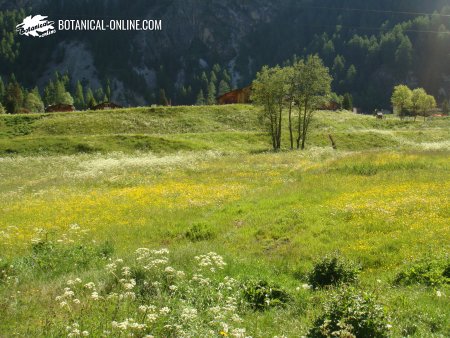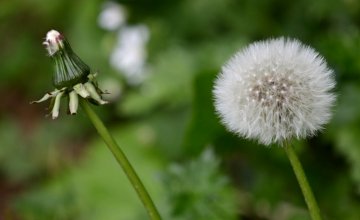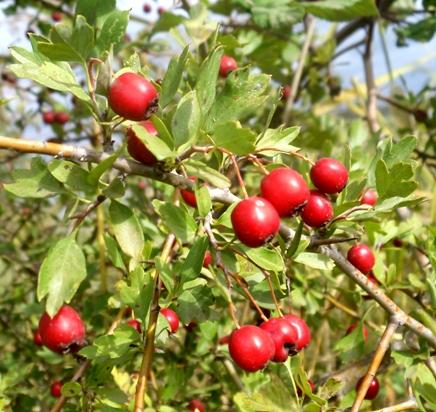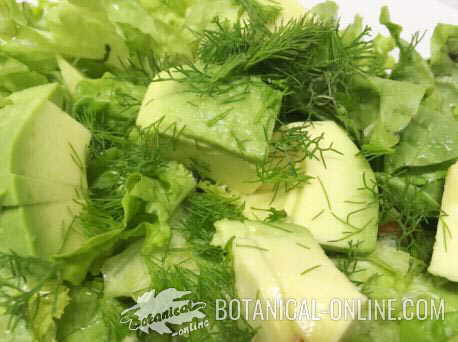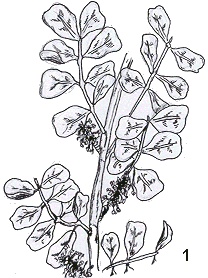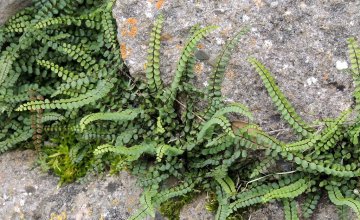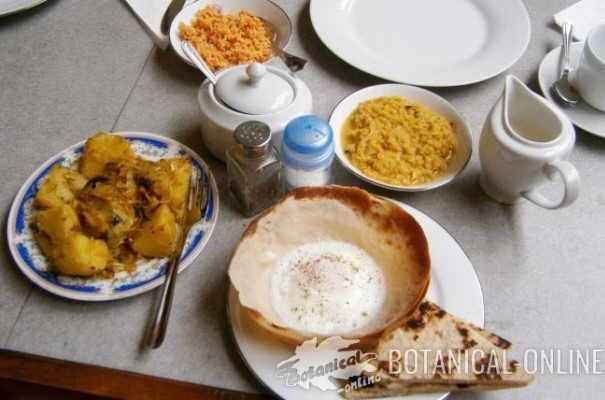Contents
What nutrients, vitamins and minerals does chard provide us?
Swiss chard is a very interesting dietary source of:
- Fiber, to capture cholesterol.
- Beta carotenes and chlorophyll (antioxidants and depurative)
- Vitamin A (for the eyes), vitamin K (for bones), folic acid (for pregnancy, for high homocysteine)
- Magnesium, iron, potassium (for the heart)
- Benefits of Swiss chard as a source of fiber
Benefits of Swiss chard as a source of fiber
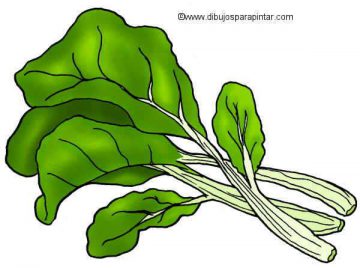
Chard is a high-fiber vegetable
Chard is rich in soluble fiber in the form of mucilage. This type of fiber is extremely interesting for the maintenance of health. In addition to promoting intestinal transit and prevent constipation, this component is very important in the prevention of cholesterol and purification of the toxic elements of the intestine, which could be responsible for intestinal diseases or the development of other diseases such as cancer.
Soluble fiber acts by “catching” the toxins in a gelatinous mass that makes the intestinal absorption of these hazardous substances and facilitates their expulsion to the outside through the feces.
Do not forget the importance of fiber in the prevention of intestinal putrefaction, responsible for such unpleasant anomalies such as excess of gas, intestinal fermentations or belly pain.
A regularized bowel function, which avoids constipation, is very important in the prevention or treatment of hemorrhoids. Softer feces allow their passage easily, so people with hemorrhoids will not feel so much pain. A soft consistency of feces is more appropriate to prevent this disease.
Chard composition table
| Composition of chard per 100 gr. | |
| Nutrient | Content |
| Water | 92, 6 g |
| Energy | 19 kcal |
| Fat | 0,20 g |
| Protein | 1,80 g |
| Carbohydrates | 3, 74 g |
| Fiber | 1,6 g |
| Potassium | 379 mg |
| Phosphorus | 46 mg |
| Iron | 1, 80 mg |
| Sodium | 213 mg |
| Magnesium | 81 mg |
| Calcium | 51 mg |
| Copper | 0, 179 mg |
| Zinc | 0, 36 mg |
| Manganese | 0, 366 mcg |
| Vitamin C | 30 mg |
| Vitamin A | 3300 UI |
| Vitamin B1 (thiamine) | 0,040 mg |
| Vitamin B2 (Riboflavin) | 0, 090 mg |
| Vitamin B3 (Niacin) | 0, 400 mg |
| Vitamin B6 (Pyridoxine) | 0, 099 mg |
| Vitamin E | 1, 89 mg |
| Folic acid | 14 mcg |
![]() More information on chard
More information on chard

